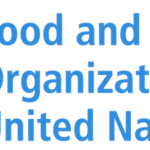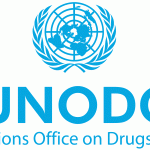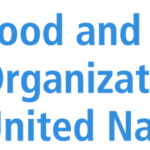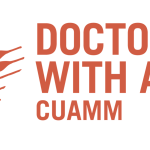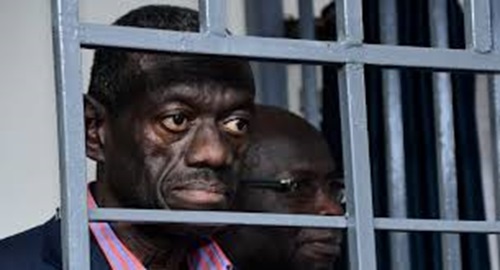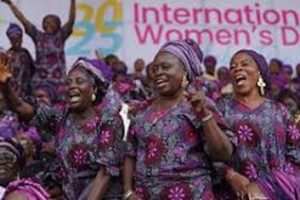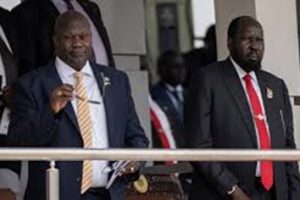Kampala (AFP) – Leading Ugandan opposition figure Kizza Besigye is due to appear before a military court on Wednesday, his lawyer said, after his reported abduction in neighbouring Kenya.

“The latest information we have is Besigye is in military cells in Kampala and the army is planning to produce him in the General Court Martial today,” one of Besigye’s lawyers, Erias Lukwago, told AFP, quoting sources within the military.

“We are yet to establish the charges against him,” he added.
“Besigye is no stranger to appearing in the military courts on trumped-up charges even after he retired from the army and is now a civilian.”
Besigye’s wife Winnie Byanyima, the head of UNAIDS, said on X that her husband, a medical doctor, had been kidnapped in the Kenyan capital Nairobi at the weekend.
Besigye, an ally turned foe of iron-fisted veteran President Yoweri Museveni, has tried unsuccessfully four times since 2001 to unseat him in presidential elections and has often been targeted by the authorities.
In recent months, the authorities have been waging a crackdown on the opposition, arresting prominent leaders and putting members of opposition parties on trial.
Besigye “was kidnapped last Saturday while he was in Nairobi” to attend a book launch by Kenyan opposition politician Martha Karua, Byanyima said.
“I am now reliably informed that he is in a military jail in Kampala,” she said of her 68-year-old husband.
“We his family and his lawyers demand to see him.”
Ugandan government spokesman Chris Baryomunsi told AFP earlier that the authorities were “cross-checking” the reports of Besigye’s disappearance, adding that “at the moment we can’t confirm his whereabouts.
“We are in touch with the security agencies here and in Kenya to get the correct information.”
In July, 36 members of the Forum for Democratic Change (FDC) — the party Besigye founded two decades ago — were deported from Kenya and put on trial in Uganda on terrorism charges.
They were freed on bail last month.
‘Kenya used to be safe haven’
After their arrest, Besigye denounced the “junta” in power and claimed that the 36 “were illegally detained and sneaked back from Kenya”.
Bobi Wine, another prominent opposition leader who has frequently found himself targeted by the authorities, demanded Besigye’s release.

“It is very shocking that Kenya, which used to be a safer haven for (Ugandan) dissidents, is now increasingly becoming an operational zone for the dictatorship in Uganda,” he said on X.
Besigye has broken away from the FDC, forming a new party earlier this year called the People’s Front for Freedom (PFF).
Phillip Wafula Oguttu, a leading figure in the new party who was also in the FDC, said the disappearance of Besigye was “not surprising” following the alleged abduction of the opposition party members in Kenya.
“We have been trying to reach out to him but his phone is inaccessible since Saturday,” he told AFP.
“Our conclusion is this is a confirmed case of abduction,” he added. “We pray wherever he is, he is safe.”
Bush war allies
Museveni and Besigye were once close. They fought together in the bush war to overthrow Milton Obote, during which time Besigye served as Museveni’s trusted personal physician.
The two men eventually became political foes when Besigye broke ranks with the ruling National Resistance Movement to make a bid for the presidency in 2001, and later formed the FDC with other disaffected NRM members.
Besigye and other former Museveni allies have also fallen out of favour with the president over the rapid rise of the “first son” Muhoozi Kainerugaba, who is now head of Uganda’s defence forces.
Besigye married Byanyima, who was previously romantically linked to Museveni, in 1999.
In the past, Besigye has faced accusations of treason and rape, frequent arrests and detentions, regular tear-gassings — both of him and his supporters — beatings and harassment.
Concerns have been mounting recently about Kenya’s involvement in reported kidnappings of foreign nationals.
Last month, Nairobi repatriated four Turkish refugees who rights groups say were abducted and forcibly returned in violation of international law.
Turkish agents also abducted the leader of the Kurdistan Workers’ Party (PKK), Abdullah Ocalan, in Kenya in 1999 after years on the run.
Source: France24


